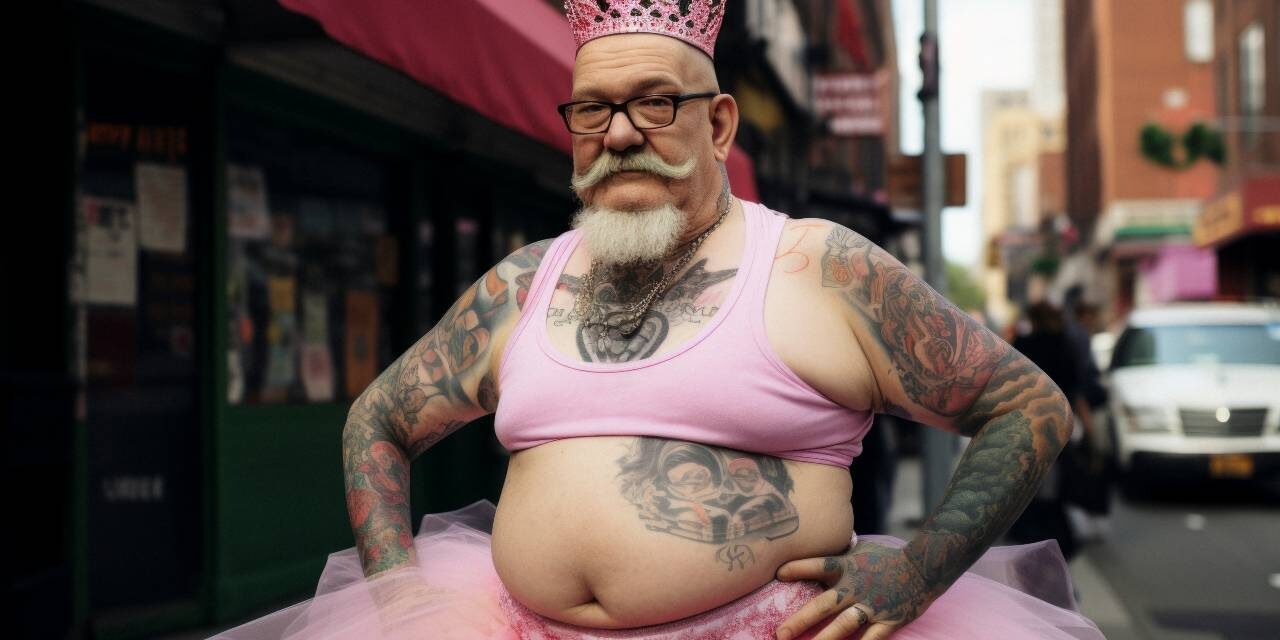Introduction: The Rise of Softness and the Fall of Standards
There was once a time when resilience, grit, and responsibility were badges of honor for a man. Now, these virtues are under attack. Weakness culture tells men to play it safe, emote endlessly, and outsource accountability. Masculinity is no longer celebrated—it’s pathologized. Yet, when crisis erupts, it’s the strong who are called. If society demands men abandon strength until strength is needed, what does that say about modern values? Are we encouraging wholeness—or neutering the very traits that hold civilization together?
1. The Normalization of Underperformance
Weakness culture has normalized mediocrity under the guise of self-care. Men are told not to pursue excellence too hard—it might intimidate others. Competitiveness is labeled toxic. Goal-setting is deemed patriarchal. According to a Gallup poll, male motivation in school and career has declined by 28% over the past two decades. Are men less capable—or simply less inspired by a system that punishes ambition? Is our culture making men lazy—or ashamed of wanting to win?
2. Emotional Overindulgence vs. Emotional Strength
Men are now encouraged to cry, vent, and expose every feeling—but not to solve problems. Emotional expression is framed as an end, not a tool. Real emotional intelligence means mastering feelings, not being ruled by them. Why are men criticized for being “too stoic,” yet ridiculed when vulnerable? Has emotional literacy become emotional indulgence? Should men express emotions—or learn to use them as strategic fuel?
3. The Demonization of Male Drive
In today’s world, male assertiveness is viewed as a threat, not a virtue. Confidence is often mistaken for arrogance. Ambition is seen as domination. Yet historically, men’s drive built nations, pioneered technology, and defended borders. Now, the very instincts that advanced humanity are being reframed as social liabilities. If masculinity built the world, why is the modern world so determined to shame it?
4. Gendered Suffering: The Data Speaks Loudly
Men are 3.5 times more likely to die by suicide than women (CDC). They comprise over 90% of workplace deaths and 70% of homeless populations. Yet, they are still portrayed as the privileged class. Who is checking on these “privileged” men? If society measures oppression by outcome, then where is the concern for the male burden? Or are only certain sufferings allowed to matter?
5. The Dating Market: Winners and Ghosts
Modern dating favors women. A woman’s average dating profile receives over 10x the engagement of a man’s. According to Pew, 63% of young men report feeling lonely and romantically rejected. Meanwhile, only 27% of women report similar feelings. With social media amplifying attention toward the top 10% of men, the rest are left invisible. When women have abundance, and men live in silence, who’s really thriving?
6. Strength as a Love Language
True masculinity offers structure, stability, and purpose. It is a gift—especially to women. But women are told they don’t need it, shouldn’t want it, and should view it with suspicion. And yet, many still crave male leadership, support, and presence. Could it be that feminism has taught women to resent what they secretly long for? What if rejecting masculinity is why so many women feel so emotionally lost?
7. The Feminist Captivity: A Silent Tragedy
Modern feminism doesn’t free women—it redirects their chains. Instead of being confined to traditional roles, women are now slaves to career validation, social comparison, and the fear of being seen as “dependent.” Data shows that single, childless women over 35 are among the most medicated
demographics in the Western world. Is this empowerment—or just a rebranded prison? How many women have unknowingly traded true partnership for isolation masked as independence?
8. Why Weak Men Don’t Attract Women—Or Respect
Despite being told that softness is strength, weak men do not fare well in dating, leadership, or fatherhood. Studies show that women consistently rate confidence, decisiveness, and protection instincts as attractive traits. Weak men are not loved—they are tolerated. If a man silences his instincts to please others, does he still deserve admiration? Or has he become invisible to both women and himself?
9. The Myth of “Safe Masculinity”
The culture wants men to be safe—predictable, pliable, and apologetic. But safety is not the same as virtue. History wasn’t shaped by safe men—it was shaped by brave men. Can you protect your family, lead your tribe, or defend your values while living like a neutered version of yourself? What are we really sacrificing when we worship the idea of making men more passive?
10. Positive Masculine Experience: The Reclamation Begins
When men step into real masculinity—built on responsibility, clarity, and conviction—they thrive. They find fulfillment not in approval, but in alignment. They become the man their younger selves needed and their future families will follow. This doesn’t mean domination—it means direction. Could the antidote to today’s chaos be men who no longer beg for cultural permission to be men?
11. Women Who Learn from the Male Lens Win
Women who embrace the male perspective often become more balanced, grounded, and happy. They learn that emotions can be regulated, that boundaries are a form of love, and that leadership doesn’t erase equality—it anchors it. Why doesn’t feminism teach women to learn from men—only to lecture them? Could women achieve more peace by respecting rather than resisting masculine principles?
12. Weakness as a Cultural Weapon
Weakness is not harmless. It’s a cultural strategy used to disarm men from their responsibilities. When boys are medicated for energy, when men are shamed for ambition, and when fathers are removed from homes, society crumbles. Who benefits from men being broken? And why is it so revolutionary to say that men must be strong?
13. Rejecting the Lie: Your Masculinity Is Not a Problem
Strength, discipline, logic, and stoicism are not toxic—they’re essential. They’re what get planes landed, fires put out, wars ended, and families protected. If masculinity were truly toxic, society wouldn’t depend on it when everything goes wrong. Can you reject weakness culture and still be compassionate? Can you be strong without being cruel? Yes. In fact, it’s the only way forward.
14. Final Thought: Rise, Don’t Retreat
The world doesn’t need weaker men. It needs stronger, wiser, calmer, clearer ones. Rejecting weakness culture is not rebellion—it’s restoration. It’s the act of reclaiming what was never broken, only buried under guilt and fear. Will you rise into the manhood you were born for—or retreat into the silence modern culture assigns you? The choice is yours. And it’s time to choose boldly.











